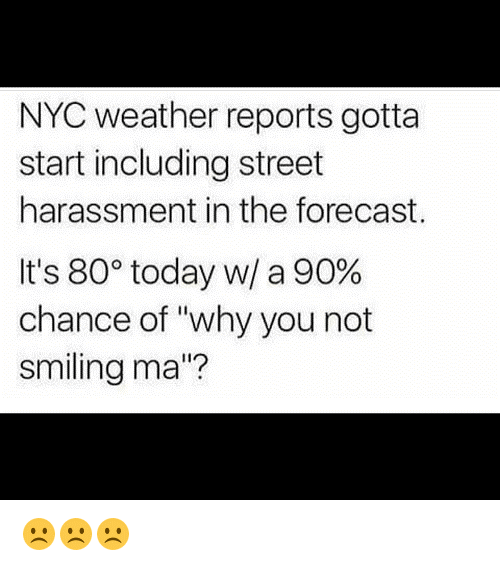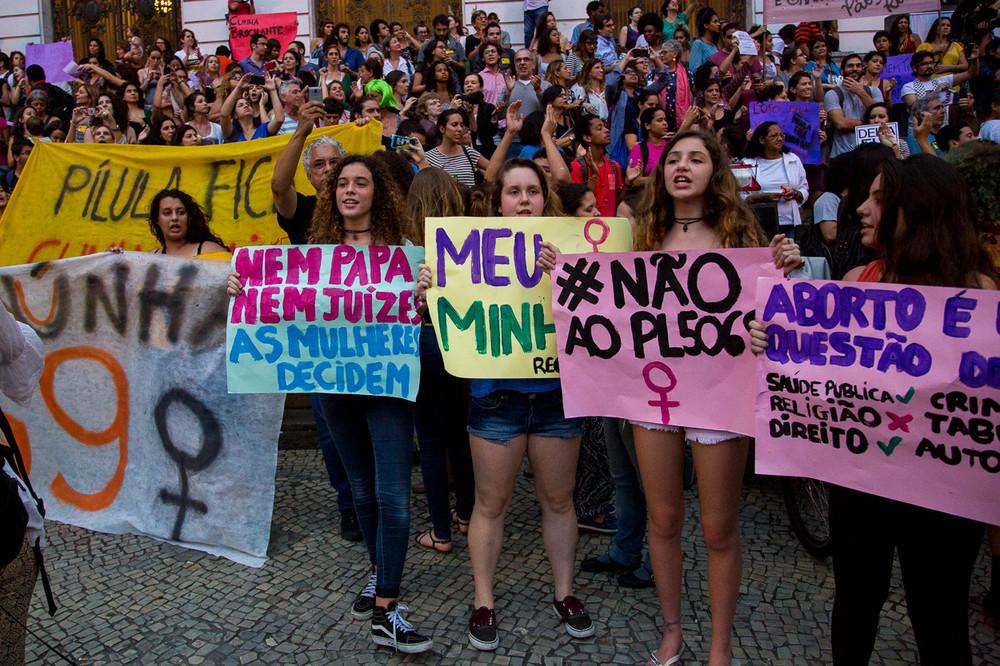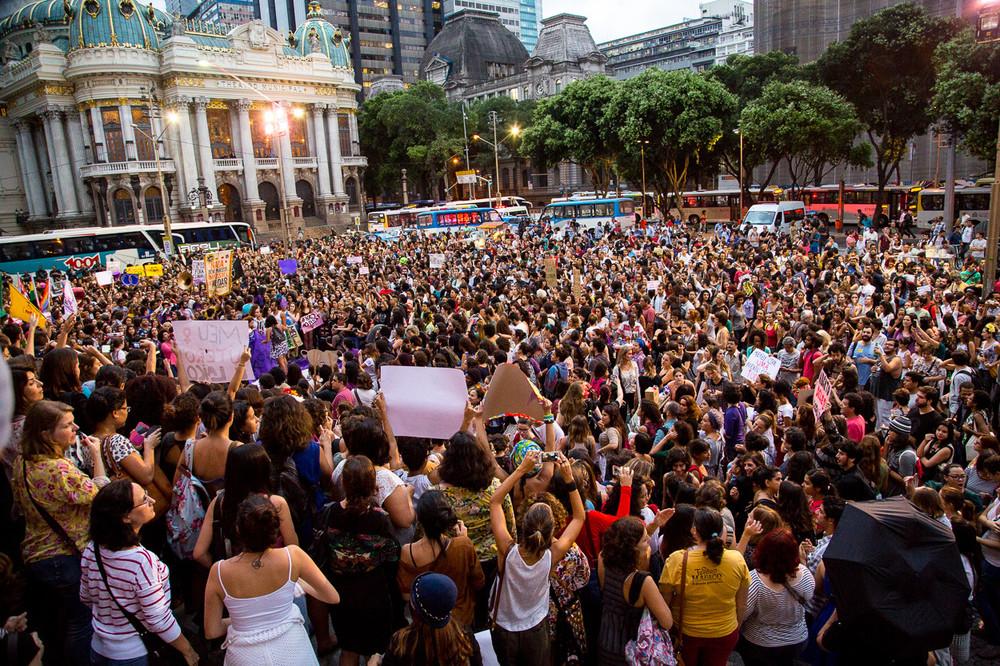I was walking my dog today along the same route I do every night because I find it “safer” than going around the block. About 5 or 6 guys were hanging out in front of the Dali, by the corner of Flatbush and Woodruf (Brooklyn). I was on the phone and one of the guys kept on saying “Good evening” and raising his voice because I wouldn’t respond. So I finally put the phone down and said “I am on the phone and I don’t have to respond to you talking to me on the street just because you want me to.”
He came to me as if he was going to punch me. His friend held him and my blood boiled so, I said, “What the f**k did you just do? Are you going to hit me?”
His friends kept on telling him to calm down and for me to walk. I kept on walking and he came from the side and kicked my dog. I screamed, “Did you just f**king kicked my dog???”
He pretended he was going to punch me again. His friends kept on pushing him. Then he threw some paper at me and walked. I called the police and had to wait 30 minutes. Which is absurd. His friends came back and kept on on trying to intimidate me saying I was lying, over and over. I am not sure what the police would do about it. I pointed out that the Deli had a camera but I don’t know if they bothered to look or not.
Optional: What’s one way you think we can make public places safer for everyone?
More police available. I have been thinking to put posters around with examples of Street Harassment. Educate men better and provide free self defense classes to women .
– Joana F
Location: Prospect Lefferts Garden, Brooklyn, NY
Need support? Call the toll-free National Street Harassment hotline: 855-897-5910
Share your street harassment story for the blog.
See the book 50 Stories about Stopping Street Harassers for ideas.



